IMF slashes US growth forecast, sees 'narrowing path' to avoid recession
The International Monetary Fund (IMF) has painted a dismal picture of the US economic growth forecast, predicting that the country would “narrowly” avoid a recession in 2022 and 2023 amid rising inflation and higher interest rates.
"We are conscious that there is a narrowing path to avoiding a recession," Kristalina Georgieva, the IMF managing director, said in a statement on Friday, noting a high degree of uncertainty.
Georgieva said any temporary "pain" caused by a recession would be "a necessary price to pay" to defeat inflation, according to a report in AFP.
In an annual assessment of US economic policies, known as the Article IV consultation, the Washington-based crisis lender said it expects US gross domestic product (GDP) to grow 2.9 percent in 2022, less than its most recent forecast of 3.7 percent in April.
The annual inflation rate for the US currently stands at 8.6 percent for the 12 months that ended in May 2022, touching a four-decade high, which the AFP report said was “squeezing American families struggling with rising prices for gasoline, food, and housing.”
For 2023, the IMF cut its US growth forecast to 1.7 percent from 2.3 percent and it now expects growth to trough at 0.8 percent in 2024.
To battle inflation, the Fed last week implemented the biggest increase in its benchmark lending rate in nearly 30 years.
The US economy has suffered—as seen by sharp supply and demand inequality—as a result of the coronavirus pandemic and the aftereffects of the ongoing Russian military operation in Ukraine, which has seen the West trying hard to wean itself off its heavy dependence on Russian fuel imports.
The IMF also urged Washington to remove punitive trade duties on China imposed under former president Donald Trump -- something his successor has said he is considering.
"Especially at a time when inflation is high and supply chains are strained... we can see clear benefits in rolling back the tariffs that were introduced over the last 5 years," Georgieva said in the statement.
The IMF report said removing tariffs on steel, aluminum, and a range of products from China "would support growth and help reduce inflation."
Europe more vulnerable
Economists have presented gloomier forecast for Europe, saying the risks that the continent could head into recession have risen sharply.
Speaking to The Financial Times, Holger Schmieding, chief economist at Berenberg Bank, a multinational bank based in Hamburg, said the balance had “tipped” in favor of an economic contraction in Europe and the US.
“What used to be a rising risk has now turned into the base case,” he said.
European central banks have likewise raised their interest rates “by bigger margins than markets had expected” to avoid a recession, the report noted.
Martin Wolburg, senior economist at insurer Generali, said, “If Russia were to fully cut gas supply to the EU, a euro area recession would become the new base case with the German economy hit especially hard.”
Goldman Sachs has doubled the risk of the US entering a recession this year from 15 per cent to 30 per cent, with a 48 per cent probability of a recession over a two-year horizon in the wake of the Fed’s first 75 basis point rise since 1994.
“US recession risks are uncomfortably high and rising. I would put them at 40 per cent in the next 12 months, and more or less even odds over the next 24,” said Mark Zandi, chief economist of Moody’s Analytics, adding that Europe was even more vulnerable.
G7 leaders are set to meet on Sunday to discuss the state of the global economy, with inflation set to dominate proceedings.
Explainer: How Yemeni military chased away US aircraft carrier from Red Sea?
French march for women of Palestine
Erdogan: Upholding ICC arrest warrants will restore trust in intl. system
Iran activated new centrifuges in response to IAEA resolution: Parl. speaker
Nov. 23: ‘Axis of Resistance’ operations against Israeli occupation
Lindsey Graham threatens to sanction US allies backing ICC arrest warrants
VIDEO | Tens of thousands of Catalans protest to demand access to better housing
Israel launches air strikes on Syria-Lebanon border crossing


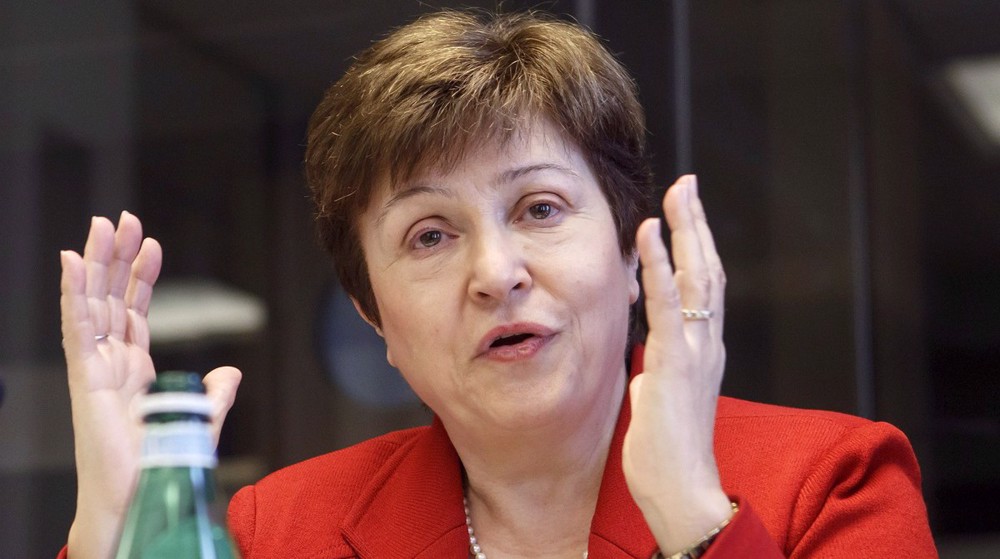
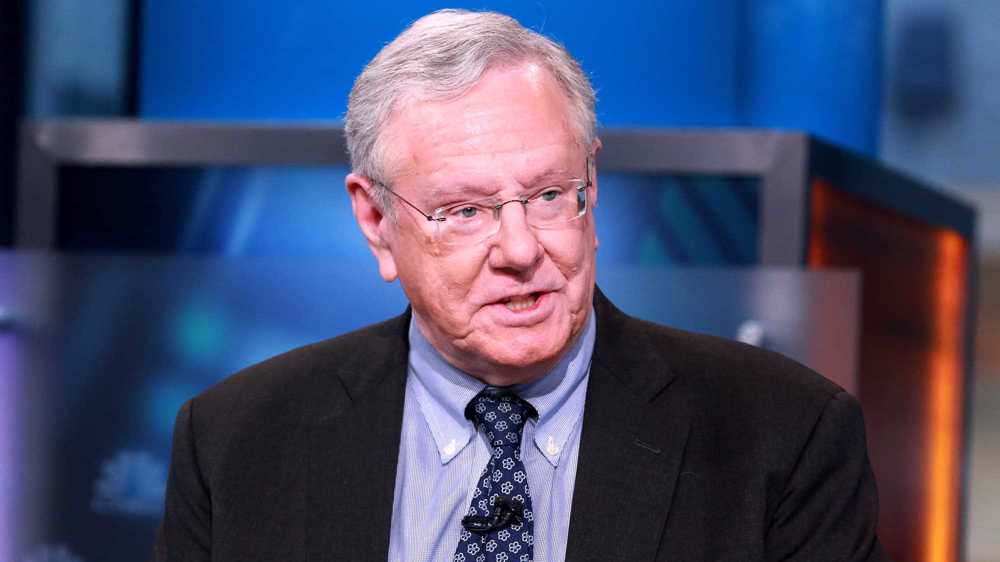
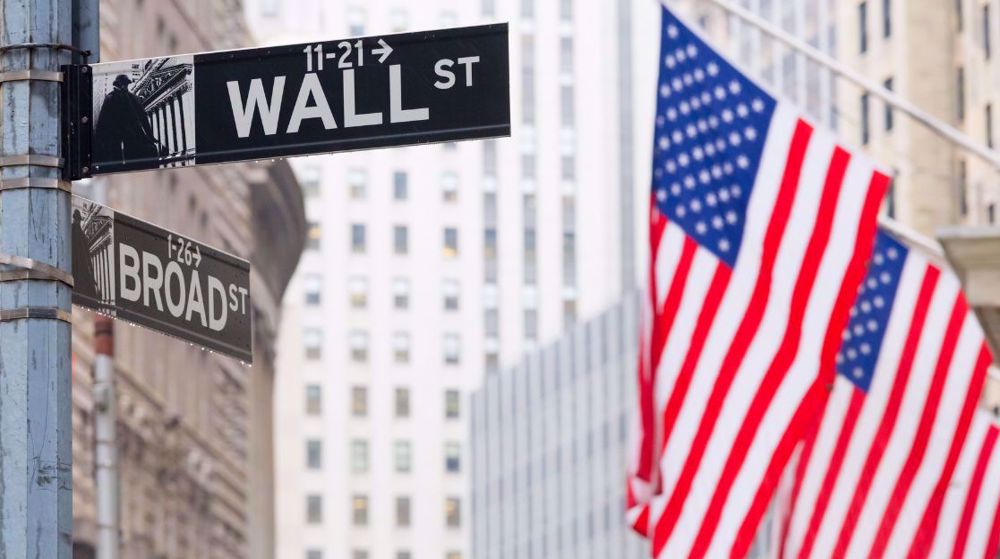
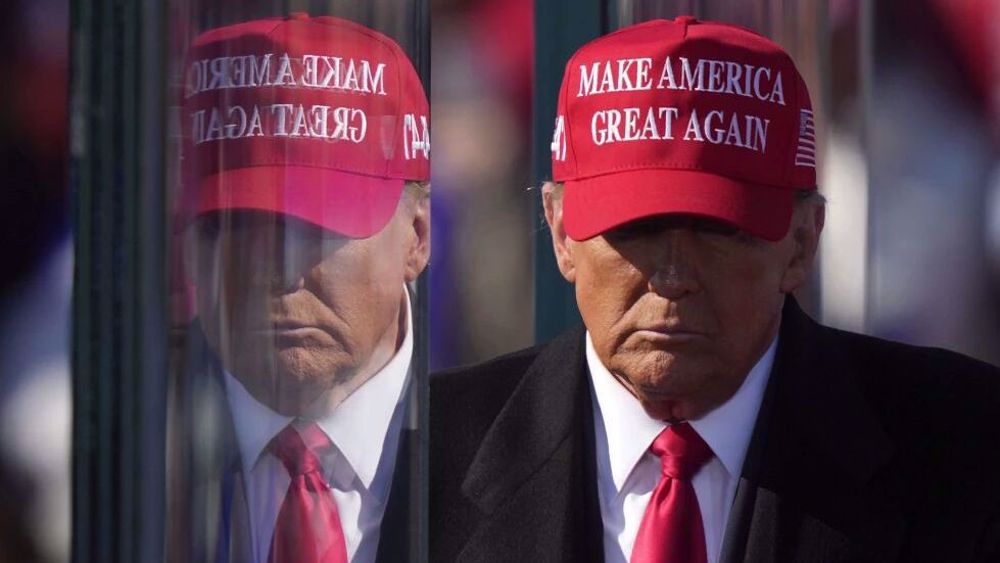




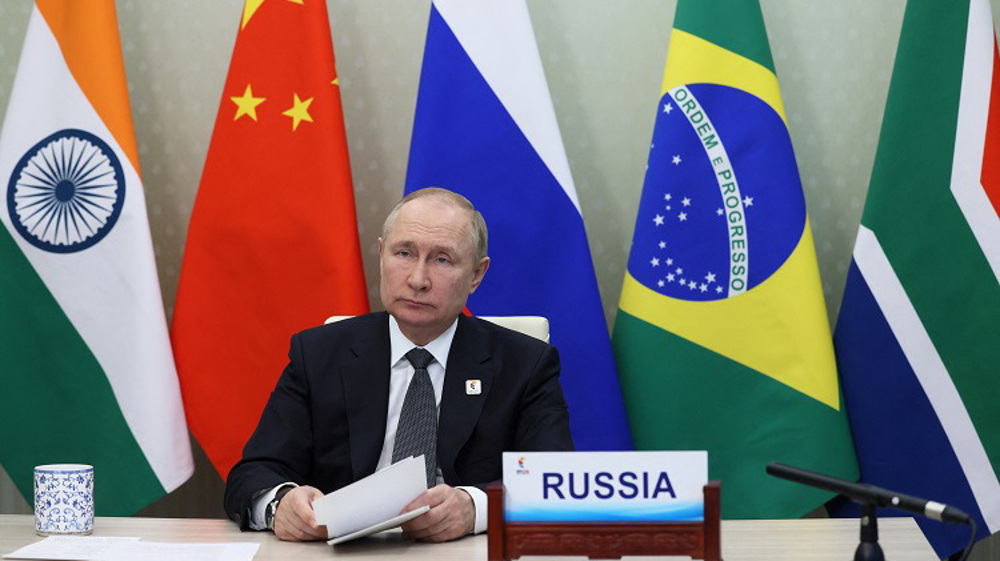
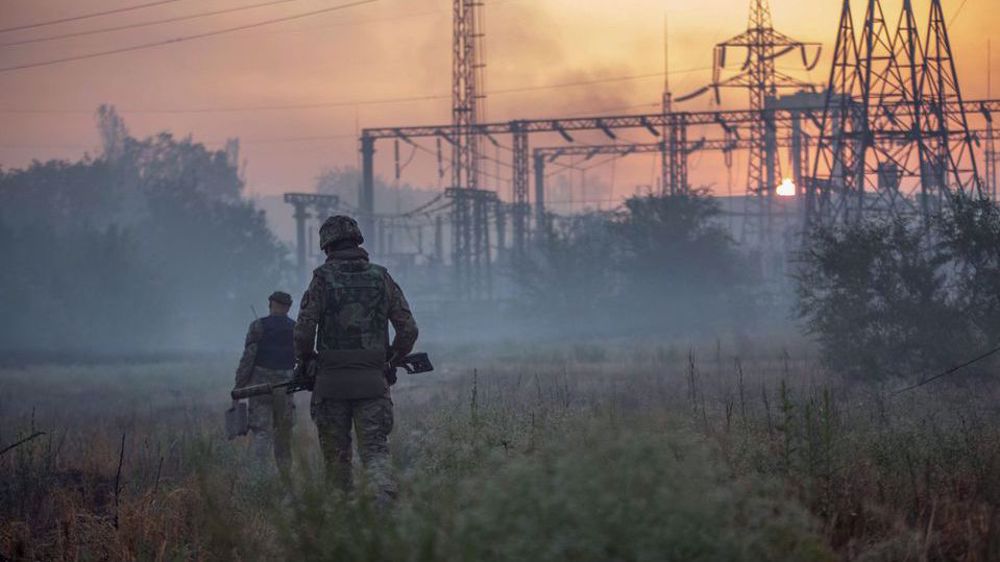


 This makes it easy to access the Press TV website
This makes it easy to access the Press TV website